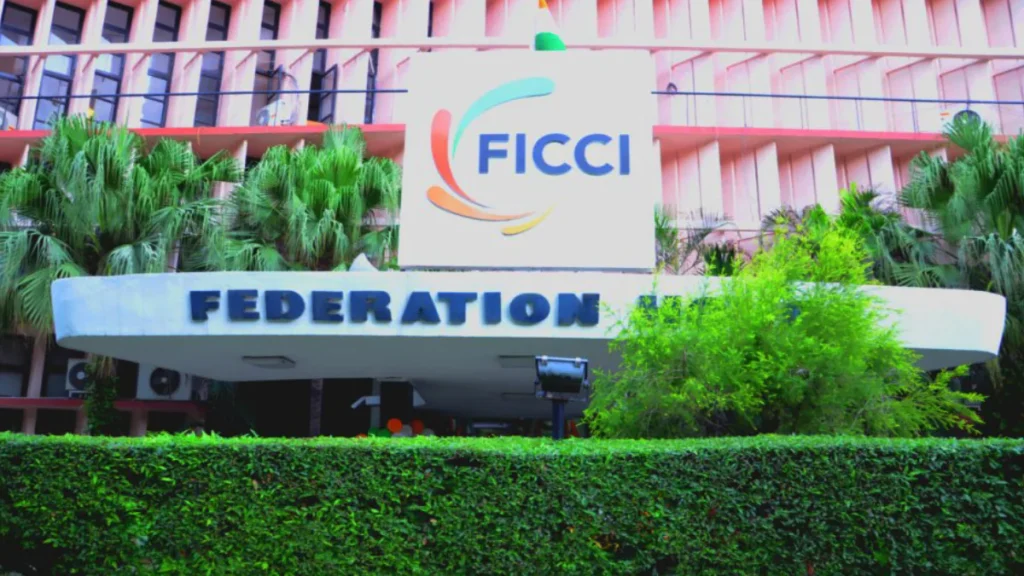FICCI Proposes Blockchain-Friendly Measures Ahead of Upcoming Union Budget: Details

FICCI Proposes Blockchain-Based Trading Portal in Budget Recommendations
The Indian government is gearing up for the presentation of the union budget for the fiscal year 2024-2025 on July 23. In anticipation of this, the Federation of Indian Chambers of Commerce and Industry (FICCI) has put forward a compelling proposal that highlights the potential of blockchain technology to revolutionize India’s trade and commerce sectors. FICCI’s suggestion aims to integrate a blockchain-based portal that will unify and streamline trading operations across the country while ensuring legal compliance.
According to a recent post by FICCI on X, the proposed blockchain portal would serve as a central hub for all trade-related activities, linking key stakeholders such as shipping lines, logistics providers, banks, and customs authorities. This unified platform is envisioned to simplify interactions and communication between these entities, providing a single dashboard for managing and overseeing various trading processes.
The blockchain portal is designed to enhance transparency and efficiency in trade operations by leveraging the immutable and decentralized nature of blockchain technology. FICCI believes that this approach will not only streamline compliance procedures but also significantly reduce the administrative burden on businesses, particularly exporters who often face challenges in navigating complex regulatory environments.

By integrating blockchain technology, FICCI’s proposal aims to address several pain points in the current trade system. The portal would facilitate real-time tracking of shipments, automatic verification of documents, and seamless communication between different stakeholders. This would lead to faster processing times, reduced errors, and overall improved efficiency in trade operations.
Additionally, the blockchain-based system would support the implementation of smart contracts, which could automate various aspects of trade agreements and transactions. This could further reduce the need for manual intervention, minimize disputes, and ensure that all parties adhere to the agreed terms.
FICCI’s proposal reflects a broader recognition of the potential benefits of blockchain technology in transforming traditional industries. The federation’s recommendation aligns with the Indian government’s previous acknowledgments of blockchain’s potential in sectors like e-governance, healthcare, and finance. As the government prepares to present its budget, FICCI’s suggestions could play a pivotal role in shaping future policies and investments in technology-driven solutions for trade and commerce.





















